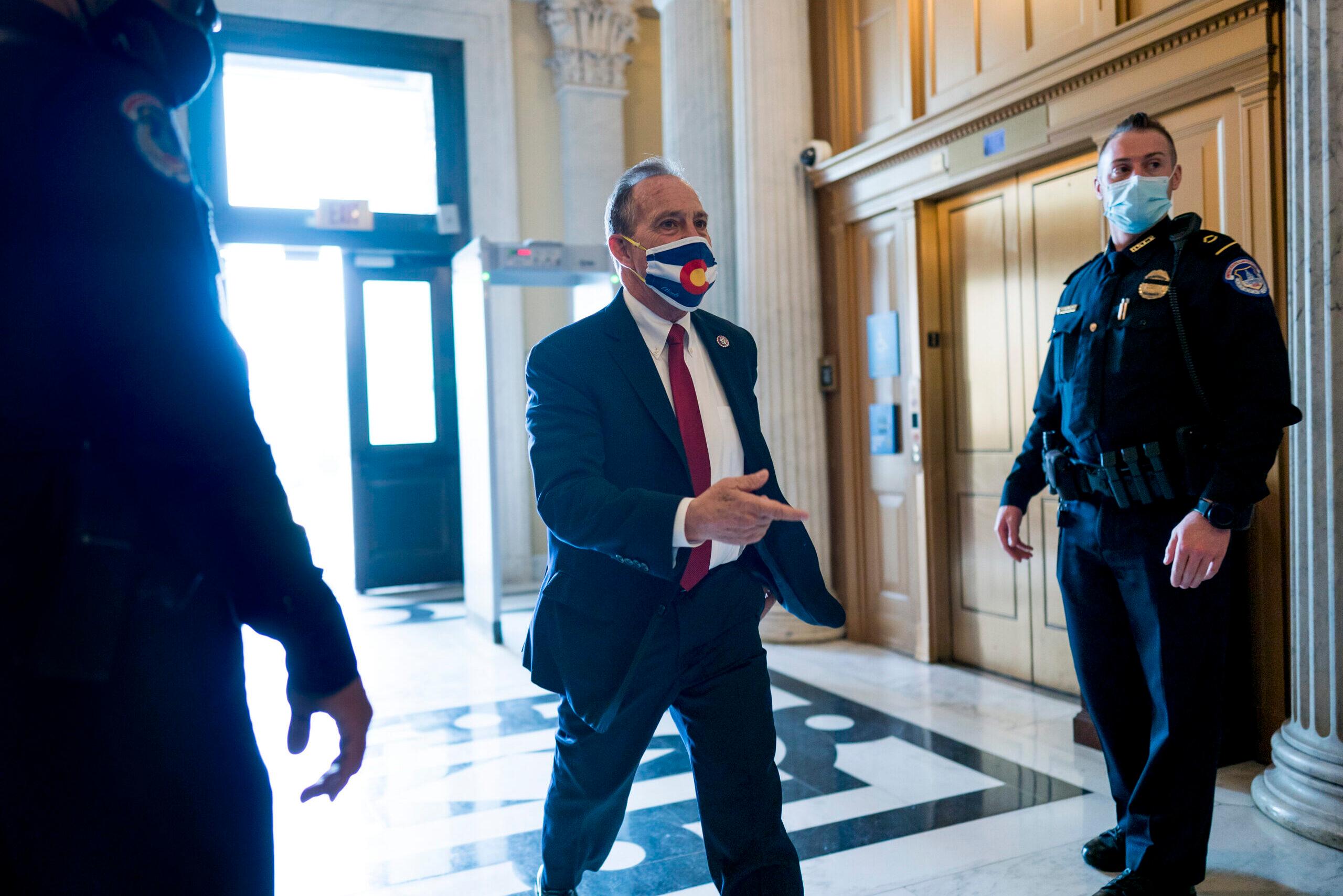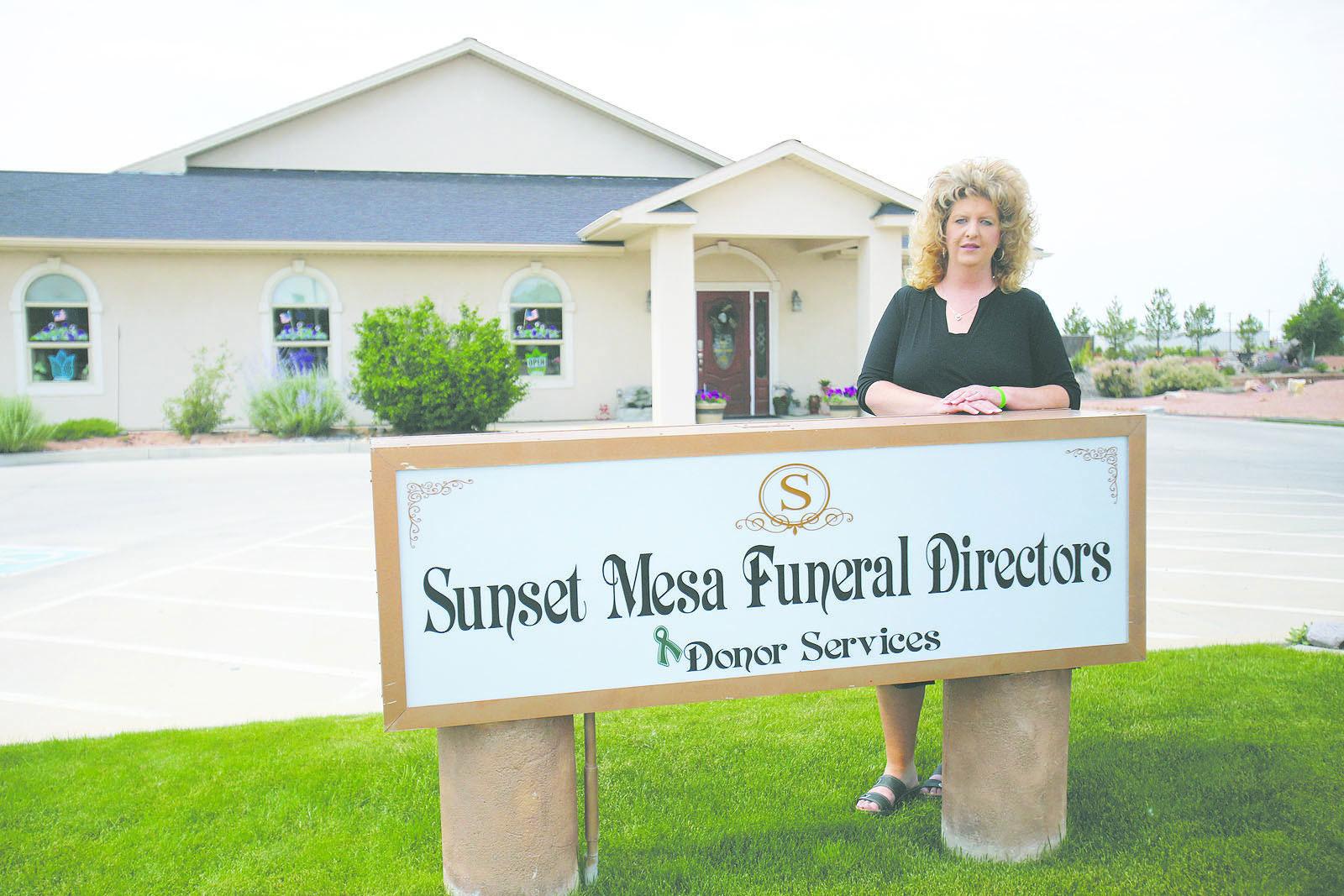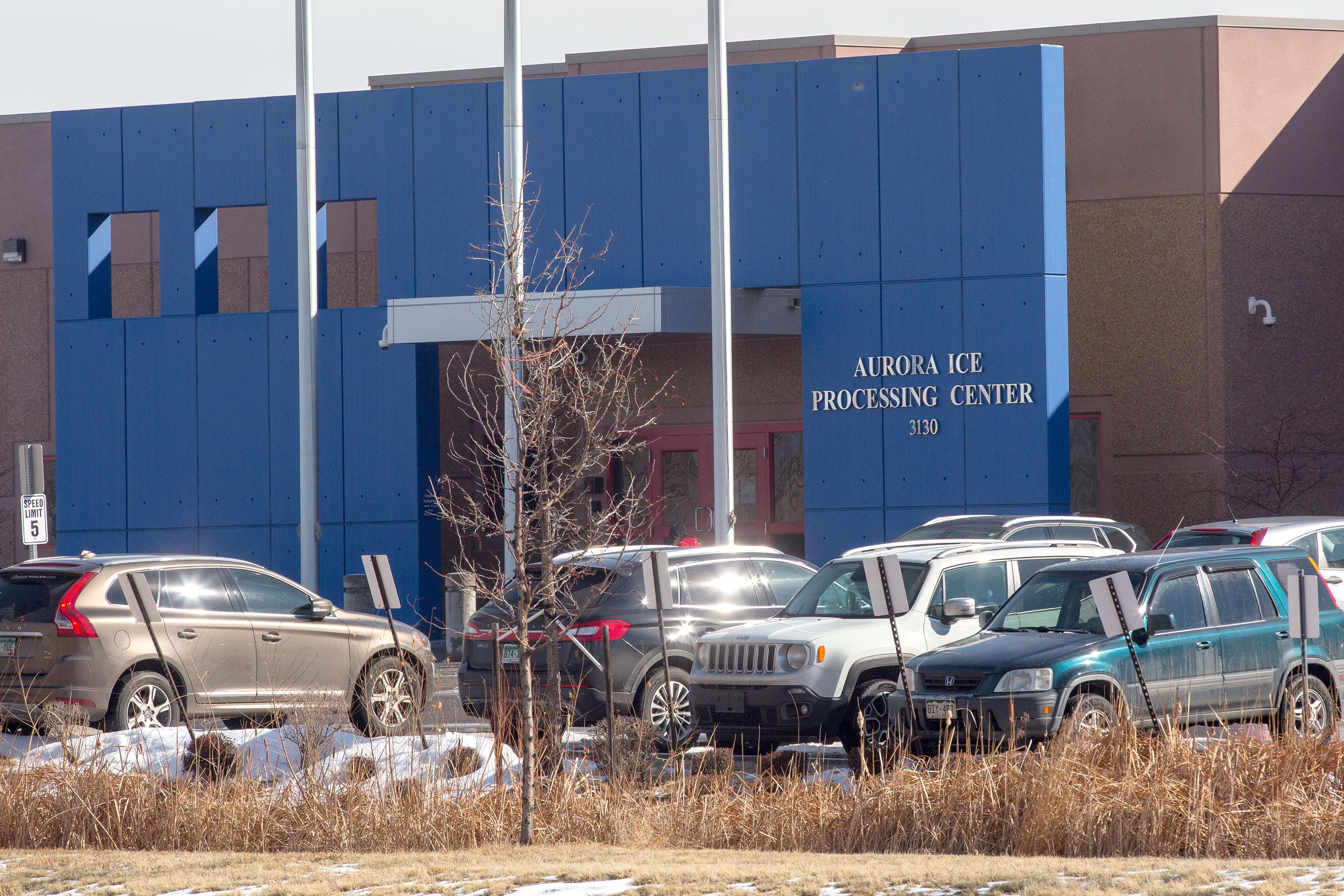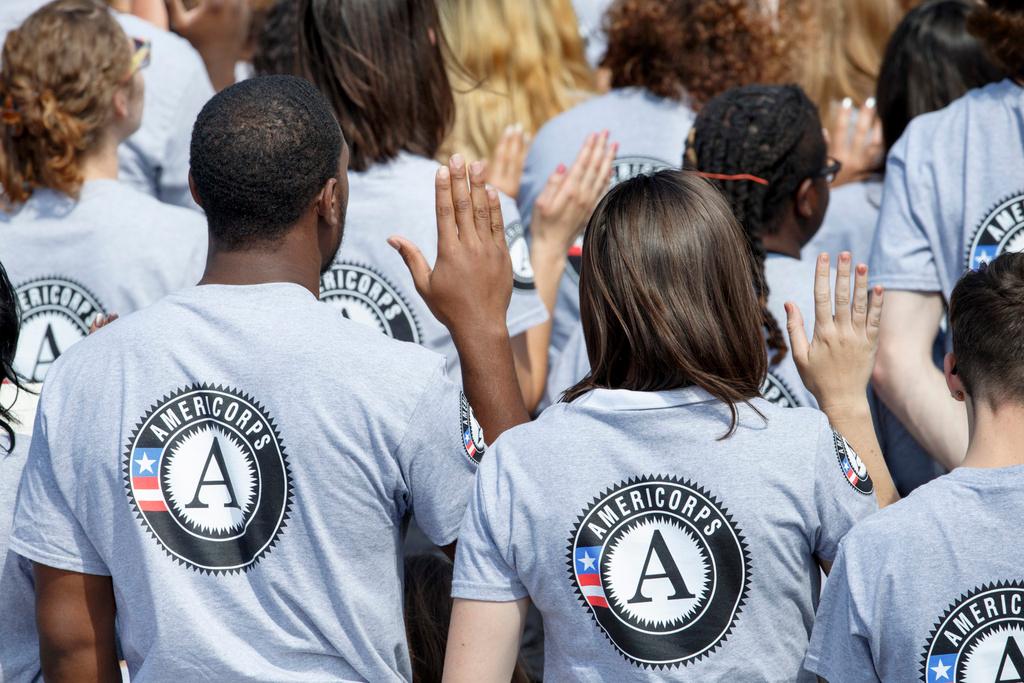
When the Colorado Congressional District map was approved at the beginning of November, it included a change to Democratic Representative Ed Perlmutter's district just north of Denver. The 7th Congressional District is currently composed mostly of Denver’s northwest suburbs, but the new district will include some rural mountain counties.
Rep. Perlmutter won the district in 2020 by almost 22 percentage points, but experts say the Democratic margin has shrunk to about seven points with the new map. Although the redrawn House district is projected to be harder to win, the Congressman confirmed that he will run for reelection in an interview with Colorado Matters host Ryan Warner.
In the conversation, recorded over a video call, Perlmutter and Warner discussed the infrastructure bill signed on Monday by President Joe Biden and the upcoming House vote on Biden’s Build Back Better Act.
Perlmutter spoke about his chances for reelection in the state’s 7th Congressional district; a program he champions to provide benefits for people who worked at Cold War nuclear weapons facilities; and his Safe Banking Act to legalize banking services for the marijuana industry.
This interview has been edited for clarity and length.
Warner: You will be at the infrastructure bill signing this afternoon. The key to getting it passed was delaying action on the Build Back Better package until the congressional budget office analyzes exactly what it will cost. House Speaker Nancy Pelosi has said she hopes to get a vote on Build Back Better by Thanksgiving. This legislation tackles climate change, healthcare, childcare, elder care. Do you support it?
Rep. Perlmutter: Yes, I do. I sit on the Rules Committee and we have heard the bill several times now. The infrastructure bill [signed on Monday by President Joe Biden] is investing in the hard assets of America, in the roads and bridges, the electrical grid, the broadband, the water systems, among other things.
Build Back Better is investing in people, in their education, in childcare, in their housing, in their healthcare, and actually in science. So both of them really are investments in America and they fit together well. And what we had to do was just get this sequence of the passage of these things in the proper order that everybody could feel comfortable.
Warner: When you say that everyone could feel comfortable, Democrats have not been united on the question of Build Back Better. Of course, there's uncertainty about the economy because of COVID, and inflation is rising for consumers. Is now the time to spend this kind of money?
Rep. Perlmutter: I think that Democrats have been united. I think that we're all coming together. These are massive pieces of legislation that will affect us for a dozen years or more into the future.
You raise inflation — and obviously, we have all got to be keeping an eye on that — but if you look back at the beginning of COVID, you couldn't buy toilet paper at any price, you couldn't get Purel, you couldn't get masks. Eventually, the market catches up. When a lot of people are doing the same thing at one time you have disruptions in the economy. I think, over time, we will see the oscillating in the economy equalize.
Warner: Are you painting too rosy a picture of the unified nature of Democrats on this?
Rep. Perlmutter: No, I don't think so. I have friends on the left [who are] very liberal in our caucus, [and friends who are] very conservative in our caucus, and we all want to take advantage of this time where we can really build and rebuild America, whether it's the hard infrastructure or just people and their education and their childcare and their health.
And Build Back Better — there are a lot of science investments in the National Renewable Energy Lab and the Department of Energy labs, there's wildfire mitigation, there's climate change so that we have a sustainable future. There are differences on specific little things but overall there's agreement.
Warner: Do you think a vote can get done on Build Back Better by Thanksgiving then, as the Speaker wishes?
Rep. Perlmutter: Yes. We know that there are some budget numbers that have come back for a big part of the bill, we're waiting for the rest over the next few days. But really step number one was getting this infrastructure bill passed, and I don't think we can overstate the importance of this bill. For instance, in Colorado, we are going to have dozens and dozens of bridges repaired and rebuilt, the likes of which we haven't seen since the interstate program was first conceived back in the late '50s and early '60s.
We have seen the electrical grid spark some of the wildfires or completely disintegrate because of the wildfires. With extreme weather, we saw the entire grid in Texas go down, so there is electrical grid resiliency in the infrastructure bill. And then water systems, even in Colorado our water systems are getting old. And these are millions of jobs over the course of the next 10 years.
Warner: I'd like to talk a bit about the midterm elections. The boundary lines of Colorado's congressional districts have just been redrawn, including your district, the seventh. Do you plan to run for reelection?
Rep. Perlmutter: Well, we're working on putting a campaign together. How's that?
Warner: I'll take a yes or a no.
Rep. Perlmutter: Okay. How about we're putting a campaign together?
Warner: Okay. Why wouldn't you just say yes?
Rep. Perlmutter: Honestly, sure. I had to file a paper a year ago to say that I wanted to run again, so yeah. And the district itself is about as beautiful a district as there is in America.
Warner: I just want to point out that you won that district by 20 points last time, but the new seat leans only about seven points Democratic. Next year is expected to be tough for Democrats, and the Republican Congressional Super PAC has announced it's going to spend money against you. Are you preparing for a tighter race?
Rep. Perlmutter: When the seventh district was first put together back in 2010, that district was even-steven — equal number of Democrats, unaffiliateds and Republicans — and over time it became more blue, more Democratic.
It has never been all that easy, but we have worked very hard at it. The last time the national Republicans targeted me I won by 22 points, and so this is going to be a tougher district. It's a lot of new area, but primarily the voters are in the suburbs; the suburbs of Broomfield [and] the suburbs of Jefferson county are probably 620,000 of the 720,000 people. Then it extends way up into the mountains.
Warner: I want to talk to you now about this program that helps former workers at nuclear facilities. That includes Rocky Flats in your district, about a half hour's drive northwest of Denver. That plant manufactured plutonium triggers for bombs until 1989. Cleaning up the radioactive contamination took 15 years. Many of the folks who worked at those facilities have gotten sick from their exposure, and there's a federal program that provides them with medical and financial benefits. You have pushed hard over the years for improvements to that program. At this point, are you satisfied with how it's working?
Rep. Perlmutter: I'm more satisfied. It's been very difficult for many of the people that worked at Rocky Flats and other nuclear facilities across the country, but it's gotten better over time — still can be improved.
It’s the Energy Employees Compensation Fund to recognize the different kinds of illnesses that people get from having worked around plutonium, uranium, any radioactive materials. Starting in the ‘90s we really began to see people get very sick and that's when the compensation fund was first created. But the numbers are kind of stacked against the workers, and we try to improve that over time.
Warner: One of the people who benefits from the program is a gentleman by the name of Herman Florez. He's 57, lives in Thornton. He has lung damage that he says is traceable to his 23 years at Rocky Flats, and he told us he's certainly happy to have the program but says the application process is so complicated, he worries that other workers aren't getting the help they need. Do you have a sense that there may be workers, many of them eligible for benefits, who haven't applied? Who isn’t being served?
Rep. Perlmutter: I think many people who have become ill have applied. But to Herman's point, the application process over the years has been difficult, and you had to fall within these exact parameters to be able to receive the compensation that you're due for having been a Cold War-era warrior.
It has been a really difficult bureaucratic maze to negotiate. We have added an ombudsman to help people and it has improved. But Florez is right: it's still difficult to get the compensation that I think people deserve.
Warner: How about a status report on another bill that's perennial for you? The Safe Banking Act would make it possible for marijuana businesses to work with banks. They can't do that currently because pot is still illegal under federal law. This act has passed the House repeatedly, but it just can't get through the Senate. Just briefly, any sense of its prospects now?
Rep. Perlmutter: I feel pretty good about it. We have passed it twice now — once when Republicans were in charge of the Senate, we passed it with a big bipartisan vote out of the House. It went to the Senate and it got stuck under Sen. [Mike] Crapo [R-Idaho] who was chairing the banking committee.
We passed it again in March of this year. Now the Democrats are in charge and Sen. Sherrod Brown [D-Ohio] is the chair. The Republicans felt the bill was too big and too broad and the Democrats feel it’s too narrow and too limited.
But I know there's a lot of support in the Senate, just as there is in the House.Because it wasn't moving, we added it as an amendment to the National Defense Authorization Act in the House because there's a component of the bill that deals with cartels and deals with foreign money laundering and germane to the bill. That’s a bill that has to pass. We're going to ask that it stay on the bill as part of a conference between the Senate and the House. I'm optimistic that it will become law, either as part of that or something else.









